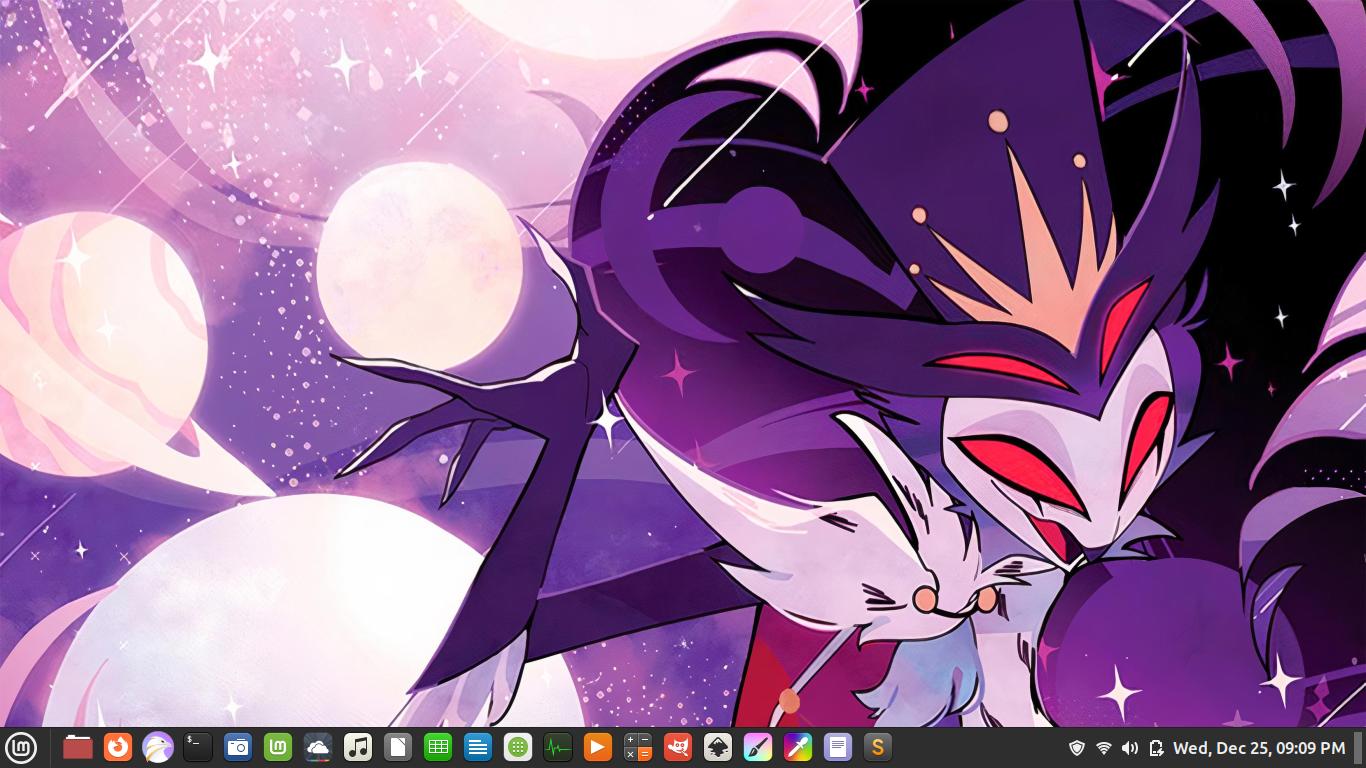this post was submitted on 26 Dec 2024
189 points (92.4% liked)
Linux
48876 readers
730 users here now
From Wikipedia, the free encyclopedia
Linux is a family of open source Unix-like operating systems based on the Linux kernel, an operating system kernel first released on September 17, 1991 by Linus Torvalds. Linux is typically packaged in a Linux distribution (or distro for short).
Distributions include the Linux kernel and supporting system software and libraries, many of which are provided by the GNU Project. Many Linux distributions use the word "Linux" in their name, but the Free Software Foundation uses the name GNU/Linux to emphasize the importance of GNU software, causing some controversy.
Rules
- Posts must be relevant to operating systems running the Linux kernel. GNU/Linux or otherwise.
- No misinformation
- No NSFW content
- No hate speech, bigotry, etc
Related Communities
Community icon by Alpár-Etele Méder, licensed under CC BY 3.0
founded 5 years ago
MODERATORS
you are viewing a single comment's thread
view the rest of the comments
view the rest of the comments

Honestly, there isn't much to it when setting up Linux for elderly people - in fact, I find it less troublesome than setting it up for a teenager.
Most often the issues regular users face with Linux are related to installing packages from external sources or broken updates. Elderly people tend to not do that.
Set up a stable distro like Debian, Linux Mint or Ubuntu LTS with KDE Plasma or Cinnamon, install LibreOffice, Okular and a browser with strong ad blocking, and any other applications you think they might need. Enable a simple firewall, hide the root / folder from the file browser's sidebar, and you're done. Perhaps set up scaling to make everything bigger on their monitors, disable mouse acceleration and set the speed slightly slower than usual.
I wouldn't bother with immutable distros, Flatpaks are nice and all until permissions turn using a simple app a confusing chore with broken interactions.
@[email protected] https://flathub.org how is this?